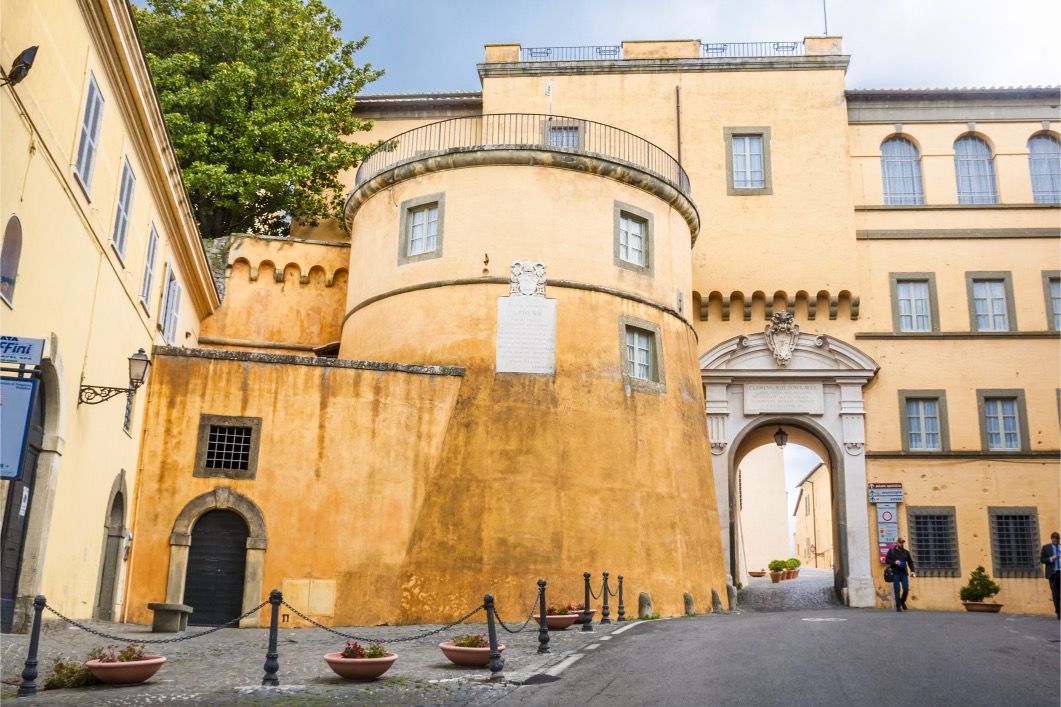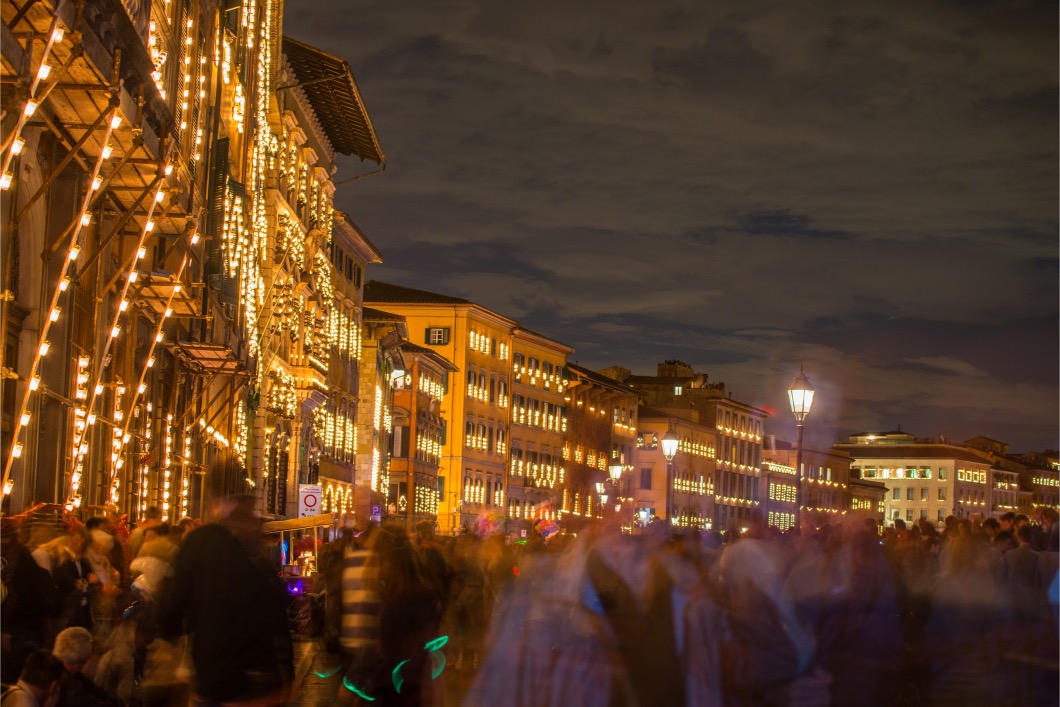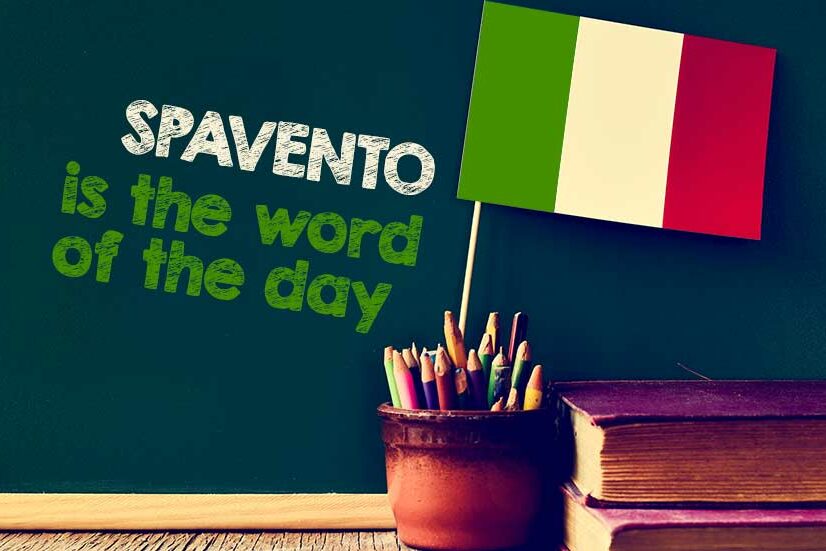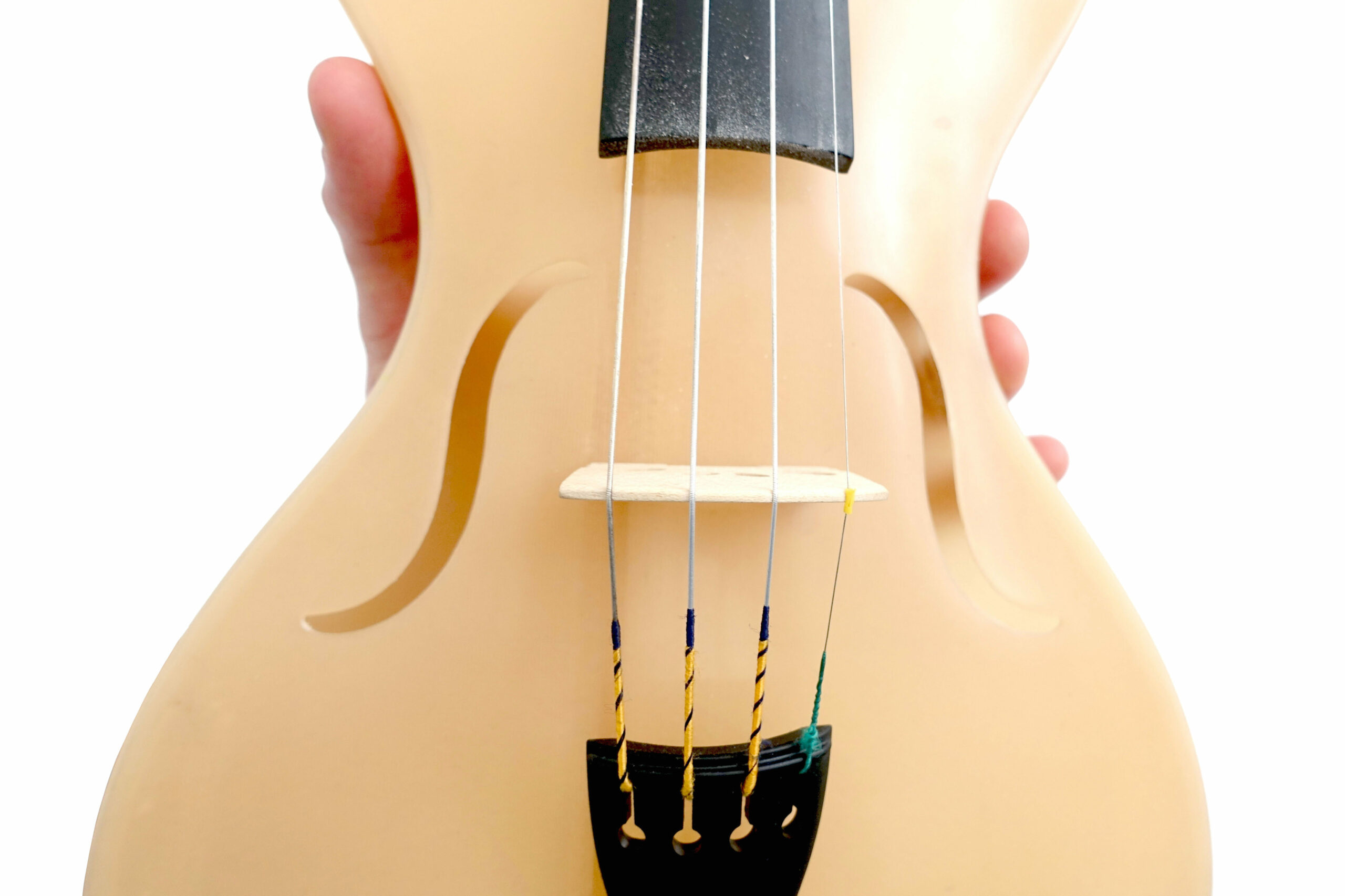“Una mattina mi son svegliato!” When audience members attend this year’s Festa Coloniale Italiana on August 11th they will be hearing one of the foremost proponents of Italian American music in the country—the six-piece band Bella Ciao.
All day long, along Stockton Street between Union and Filbert Streets in San Francisco’s North Beach neighborhood, there will be continuous live Italian music and Bella Ciao will stand out among those celebrating at the San Francisco Italian Athletic Club.
Founded by accordionist Tom Torriglia in 2000, the accordion, female lead vocalist, electric bass, electric guitar and mandolin, saxophone, and drums will perform their often requested renditions of The Pasta Song, The Minestrone Song and The Cannoli Song, composed and made famous by the maestro himself.
Traditional Italian folk songs and polka tunes are not only performed but demanded by the audience.
The name Bella Ciao refers to the traditional Italian folk song which was adopted by the Italian antifascist partisans during World War II. Asked why he chose the name, Torriglia said he had no political motive.
“I like it because it’s upbeat and bouncy. Like so much Italian and Italian-American music—that’s why people respond to it,” he said.
Indeed the music of Bella Ciao is joyful, infectious, and filled with good humor. It speaks to the very heartstrings of Italian Americans, and their ties to their traditions, family, food, and expansive energy.
Bella Ciao is a feature in numerous Italian-American festivals throughout the country. It is “…the only band in America to have played both the Italian National Anthem and American National Anthem at a major league baseball park. In 2007, Bella Ciao played the American National Anthem the night Barry Bonds broke the all-time home run record”, Torriglia said.
They have appeared at Italian festivals from Virginia Beach, Virginia, to San Rafael, California; the accordion festivals in Cotati and San Francisco; and the Stockton Asparagus Festival.
Blue Italian Skies and Mambiambo, The Pasta Song, and Monica from Monaco were all nominated for Grammies on the first ballot. All were composed by the accordion master himself.
“Italian-American music was in its heyday during the 1950s and early 1960s with stars like Connie Francis, Dean Martin and Louis Prima. Then came the Beatles, sweeping all of that richness away,” he reflected.
But Torriglia sees a resurgence in this musical tradition, partly thanks to his own efforts. He counts himself as “the foremost composer of Italian-American music in this country today.”
CDs of his accordion solos and the band’s music are in demand and available at Torriglia’s website, www.LadyOfSpain.com, as well as on Amazon.com.
As an accordionist, Torriglia grew to love the instrument as a child. “Because it’s like three instruments in one and is so versatile.”
He gives many solo performances at parties and weddings. Then one day performing at a wedding he had an epiphany. “The minister was conducting the service and I was playing the accordion. It struck me that I could be the minister and the accordionist at the same time.”
Tom became certified as a minister of the Universal Life Church. “I figure I’m already at your wedding so why not officiate it? This saves you time in trying to find a minister and all the fees that go with it.”
The accordion maestro has had many different careers in his life besides music as a technical writer, English teacher, event planner and musical entertainer. He is also an author of two books on San Francisco nightlife (out of print but still available on Amazon.com).
The product of an Italian-American family, he grew up in the Marina District of San Francisco. He says Italian was not spoken at home but he has been working all his life to acquire the facility of the language and studies at the Italian courses given at the San Francisco Italian American Club.
He recently completed the requirements for a certificate in ESL. He intends to emigrate to Italy in the autumn and find a job as an English instructor for a few months at least. During that time he will still be composing, he swears. We can only wonder what new Grammy winners will come out of this cultural immersion.
But will the Italian-American Community in San Francisco stand for his departure? Will they surge at the Festa Coloniale Italiana and cry out, “No, Tommaso, non ci lasciare!”
We can only hope.





























